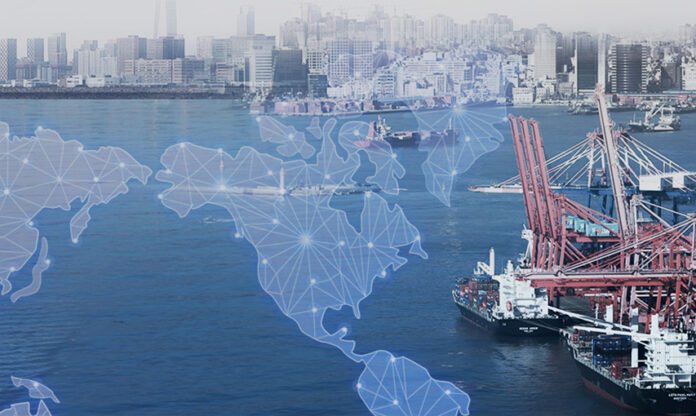South Korea is gearing up for a big push into Arctic shipping routes, with the government rolling out financial support to build powerful icebreakers that can tackle icy waters. Oceans Minister Chun Jae-soo announced this plan during a press conference in Seoul, highlighting how the country aims to kick off pilot operations on these northern corridors as early as next year.
“We’ll pump in 11 billion won—about $8 million—per icebreaker vessel designed for Arctic routes,” Chun said. This funding comes straight from the Ministry of Oceans and Fisheries’ budget for next year, showing South Korea’s serious commitment to expanding its maritime reach.
According to a study from Pohang University of Science and Technology (POSTECH), one of the nation’s leading tech schools, these icebreakers could start full-scale operations in the Arctic by 2030. It’s all part of a broader strategy to tap into the growing potential of Northern Sea Routes, which could shorten shipping times between Asia and Europe.
To make this happen, the ministry has set aside a whopping 7.3 trillion won for 2026 operations. That includes 1.66 trillion won specifically for upgrading port infrastructure in the southeastern region, gearing up for the boom in Arctic shipping traffic.
Under the Lee Jae Myung administration, the focus is on turning Busan and its surrounding areas into a top global maritime hub. As a first big move, the oceans ministry headquarters will shift from Sejong—the central administrative hub—to Busan by year’s end. Chun revealed that renovations on the new Busan building will start next month, calling it the “first step” toward building that world-class status.
The government isn’t stopping there. They’re urging shipping companies to move to Busan too, with attractive incentives on the table. Plans also include setting up a new maritime court and an investment corporation right in the southeastern city to boost local growth.
Chun will lead a special task force to get South Korea ready for the Arctic shipping era. This group will help form a public-private committee and a dedicated support organization for icebreaker projects and beyond. Plus, the ministry wants to skip lengthy feasibility studies for key tech in AI-powered autonomous ships, speeding up innovation in smart maritime tech.
With climate change opening up these frozen routes, South Korea is positioning itself as a key player in global shipping, blending investment in icebreakers, port upgrades, and cutting-edge AI to stay ahead.
Stay informed on all the latest news, real-time breaking news updates, and follow all the important headlines in world News on Latest NewsX. Follow us on social media Facebook, Twitter(X), Gettr and subscribe our Youtube Channel.



